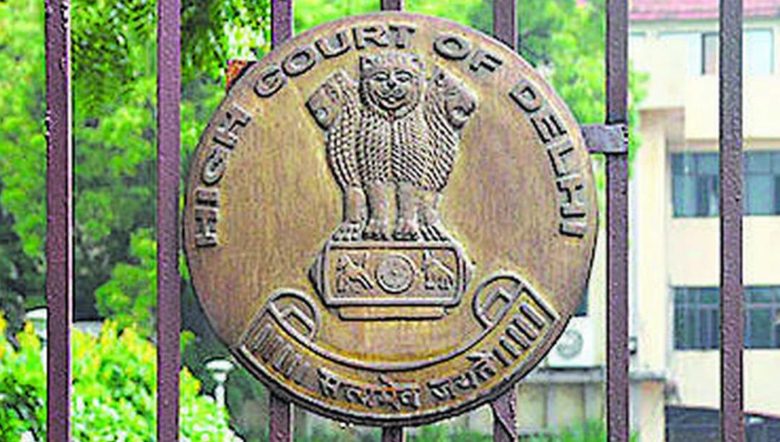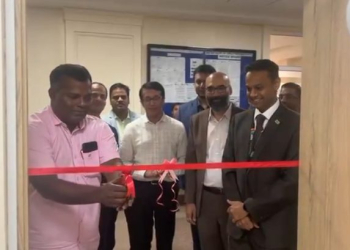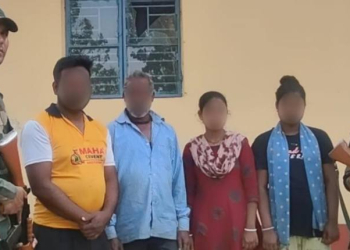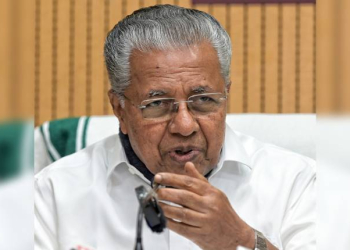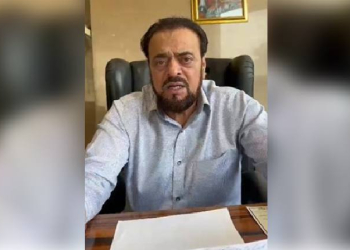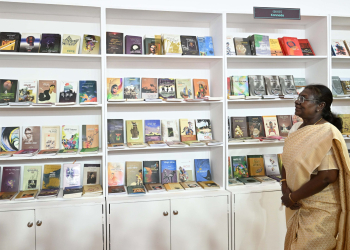New Delhi:A woman cannot be treated as a commodity, having no rights to say no, an advocate for a petitioner in the matter related to the criminalisation of marital rape told the Delhi High Court on Monday.
A bench of Justices Rajiv Shakdher and C. Hari Shankar were hearing a batch of pleas, challenging the exception to Section 375 of the Indian Penal Code (IPC) and seeking a direction that marital rape is declared as an offence and a crime.
“We will address the issue of punishment, as it does not serve either the victim or the perpetrator. The exception is entirely independent of that concern,” advocate Karuna Nundy, representing petitioner NGOs RIT Foundation and All India Democratic Women’s Association, said in her rebuttal submissions for the petitioners.
“It is quite clear that a rapist does not remain a rapist and marriage does convert him to a non-rapist,” she added.
Nundy said that her arguments were divided into three sections.
“First, our constitution is transformative and requires us to travel to the destination of constitutional morality. The second is what is the test that is to be applied to the SC judgement in independent thought. Third thing is that we will address the marital rape argument and the fact that is pre-independence, has no application of mind.
“Our Constitution is in our hands, women have gained universal suffrage, right to work, right to worship and right against divorce by utterance of three words,” she said.
The arguments, which were inconclusive on Monday, will continue on Tuesday.
Leading lawyer Rebecca M John, who is assisting the court in the matter as amicus curiae, had earlier told the court that there was a fair expectation of sexual relationship in a marriage.
“Expectation cannot be penalised. The spouse has a right to resort to civil remedies. But if the expectation becomes a physical act based on coercion and force, then that sexual act must become an offence,” she had argued.
The Centre had recently filed a fresh affidavit in the high court, in response to a clutch of petitions to criminalise marital rape, maintained that it was examining the issue of broad changes in criminal law of the country and that the petitioner could also give their suggestions to the competent authorities.
(IANS)



